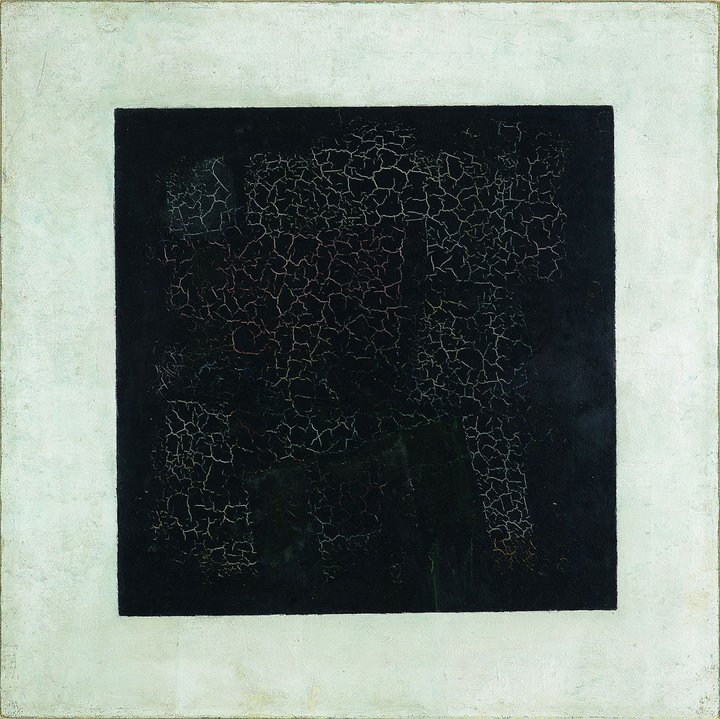Most of us are grappling with how to formulate a response that can do more than draw upon the two discursive inevitabilities.

The Rachel Dolezal story, which I previously wrote about here, in “Rachel Dolezal and the Materiality of Race,” continues, in its bizarre way, with more questions and speculation.
One thread in the more recent set of commentaries has to do with Dolezal’s possible mental heatlth. Specifically, there are now speculations about what could have driven her to embark upon such a complicated road of subterfuge and deceit. There are revelations that she may have even gone so far as to fake hate mail.
All of this has prompted commentators to muse on what, exactly, Dolezal might be suffering from. Think Progress tells us that scientists point towards a range of possibilities, including self-decption and even Body Dysmorhphic Disorder.
To put it mildly, Dolezal is being given a range of excuses that would never be made for a black person who did the same thing.
What I’m going to state next needs several prefatory comments, in order to make my politics clear.
As a prison abolitionist, I’m not interested in pinning Dolezal into some spot in the prison industrial complex, even if that comes with what passes as therapy and psychoanalysis within those walls. But I also think that if “we,” a collective social we that seems so concerned about a white woman who set about pretending to be black for so long are going to be this gentle and forgiving of her, we might want to first ensure that our efforts in that realm also extend to black women, men, and children, who are continually assumed to be guilty even as they step into stores or step out of cars, and so on.
I’m not interested in spending years figuring out how Dolezal was guilty or not, given that the very nature of her “crime” is something we’re trying to sort out, and because that’s really not my interest in this matter. And as I’ve pointed out earlier, here and here, I don’t think we should be thinking in terms of good and bad victims of crime, either.
All that being said, we have to acknowledge that there is, in the cultural imagination and discourse around this case, a strong sense of something have been done, and that the something transgressed certain boundaries, even if we’re not exactly clear what those are or why the supposed transgression matters.
The Dolezal story is similar to the Jenner story in that both arrive in the midst of a cultural discourse that is at this moment in time completely inadequate in terms of knowing how to deal with the curious case of identity categories being both constructed and fraught with material realities.
In the case of Dolezal, we’re presented with two options: she is either a racist or a deeply troubled white woman who needs help.
There might appear to be shades between the two as we continue to discuss this case, but I think that, for the most part, most of us are grappling with how to formulate a response that can do more than draw upon the two discursive inevitabilities. And if we don’t do particularly well at that, it’s because we’re still working within a very narrow set of frameworks: social construction versus essentialism, whiteness versus blackness, guilt versus innocence, and so on.
All that being stated, I do think it’s important to consider how black and white bodies are treated differently when it comes to the matter of guilt, something that’s becoming especially evident in the rush on the part of some to explain away Dolezal’s issues in psychological terms. A black man presumed guilty is instantly choked to death in public, while a white man who goes on a shooting rampage is diagnosed with psychological problems.
To put it plainly: White guilt is psychoanalysed. Black guilt is demonised.
My thanks to Richard Hoffman Reinhardt for helping me develop some of these thoughts.
Don’t plagiarise any of this, in any way. Read and memorise “On Plagiarism.” There’s more forthcoming, as I point out in “The Plagiarism Papers.” I have used legal resources to punish and prevent plagiarism, and I am ruthless and persistent. If you’d like to support me, please donate and/or subscribe, or get me something from my wish list. Thank you.

Image: Kazimir Malevich (1879-1935) Black Square on a White Ground, (1915)